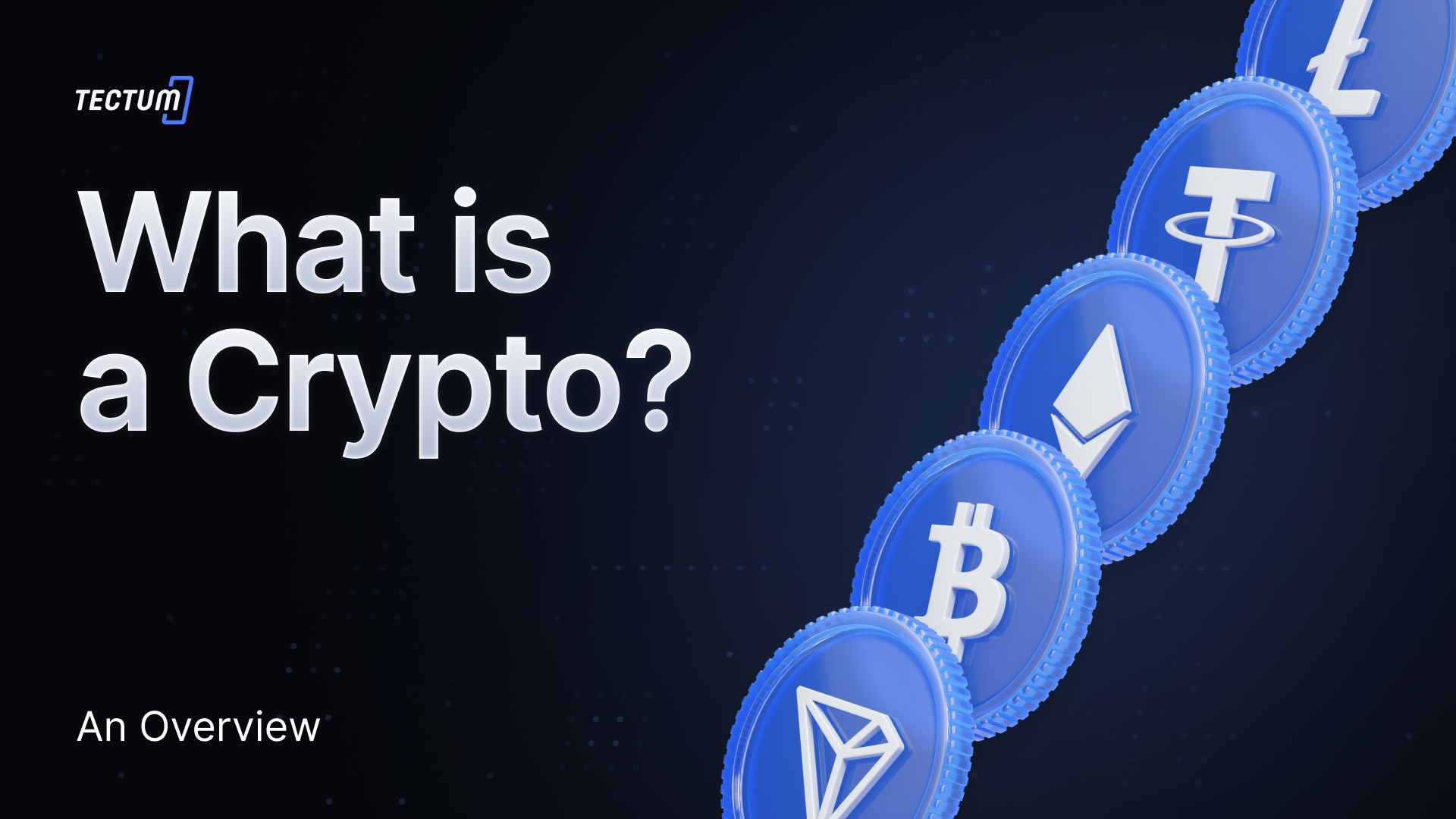What is a Cryptocurrency (An Overview)

In simple terms, a cryptocurrency is a digital currency that is created to work as a value exchange medium without any form of mediation from a regulatory agency, such as the government or bank. In other words, while Fiat currencies like the Dollar, Euro, and Pound Sterling are monitored and regulated by specially created central banks by the countries that use them, cryptocurrency (also known as cryptos) has no such controls. Instead, they operate in a decentralized system where they are stored on digital ledgers called the Blockchain. A Blockchain is a computerized database where all the crypto transactions that take place are digitally secured and recorded. The blockchain ensures that all the transactions that go on it are open to all members of the network, and are immutable (i.e. cannot be retroactively altered). This is why it remains trustworthy even without regulation standards.
Also, it is important to know that cryptocurrencies are not to be confused with digital fiat currencies. Digital fiat currencies are just digital versions of their currencies and are therefore still monitored and regulated by the government, but cryptos are completely free from those controls. The synonym of cryptocurrency is Decentralized Finance or (De-fi) namely because it is created on a non-regulated blockchain, is moved around in peer-peer transactions, and is not regulated by banks or any other government agencies.
As a crypto trader, you need to keep your cryptocurrency somewhere. The place where cryptocurrencies are stored is known as your wallet (think about your physical wallet only its contents are digital). Of course, since you need the internet to do crypto trading, your wallet is automatically connected when you try to trade, it is called a hot or active wallet.
However, you can create a wallet that is not connected to the internet and is produced by compatible software on your system. Your cold wallet also has your private keys and can therefore not be compromised.
Of course, you cannot do transactions on your cold wallet, but it is safe from hackers and other cybercriminals.
Dex, an acronym for decentralized exchange is the peer-to-peer marketplace where crypto traders can trade crypto with other traders without monitoring from regulatory agencies. Instead, the transactions are facilitated by the use of automatically created agreements known as smart contracts. Users usually do not need personal information or proof of identity to perform a dex, which makes it very great for privacy.
Dex is different from CEX or Centralized Exchanges where you can exchange your crypto pairs or change your cryptos into fiat currencies like the dollar or the Euro
Even though cryptocurrencies are subject to regulation and monitoring like fiat currencies, cryptocurrencies still have to come from somewhere. The process of creating a new cryptocurrency is known as mining.
In mining, crypto users add new blocks to the existing blockchain by correctly guessing a string of alphanumeric numbers known as hashes. Because there are several millions of people trying to do the same, the miner must do it as quickly as possible. The process of guessing what a given hash is is called proof of work. The miner that gets that hash currently gets granted the value of the cryptocurrency on that block.
While both NFT and cryptocurrency are both digital assets and are reliant on the same type of blockchain transactions to verify them, they are worlds apart. One NFT means non-fungible tokens unlike cryptocurrencies which are interchangeable (i.e. One cryptocurrency can be exchanged for another of commensurate value), each NFT has a unique value that is dependent on what the person who wants it is willing to pay for it. Thus it is impossible to exchange an NFT for crypto or vice versa.
*If you have any further questions about the issues raised in this article or any further concerns, you have, please do not hesitate to contact Tectum at support@tectum.io or follow us for more on our social channels.